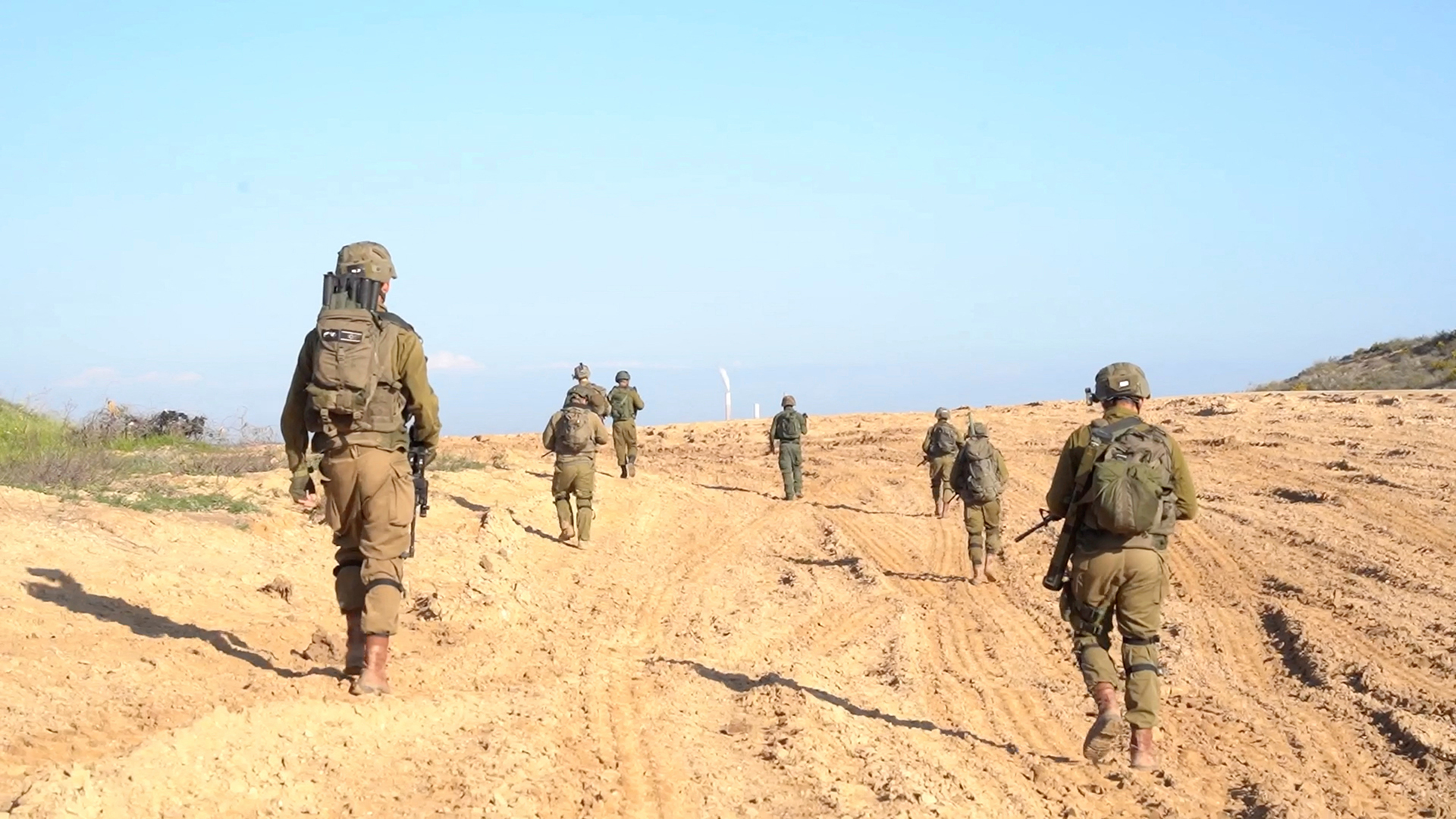play videoplay video
Video duration 03 minutes 58 seconds 03:58
The Israeli media was busy discussing the post-war phase in the Gaza Strip, as Israel seeks to maintain complete security control over the Strip, which was stressed by Israeli Foreign Minister Israel Katz during his participation in a television dialogue. Discussions also focused on the occupation’s decision to restrict the entry of Muslims into Al-Aqsa Mosque. During the next month of Ramadan.
In an interview with Channel 14, Katz claimed that from a security standpoint, the Israeli army will be in the Gaza Strip after the end of the war, as is the situation in the West Bank. He said, “In the West Bank, after Operation Defensive Shield (2002), the Israeli army returned to areas A and A.” B) and others, and this will be the case in Gaza from a security standpoint.”
He added that the humanitarian issue has become for Israel “a tool and lever of pressure to get rid of the United Nations Relief and Works Agency for Palestine Refugees (UNRWA), first, and transfer its mission to other organizations, and second, to determine to whom humanitarian aid will be delivered other than the Islamic Resistance Movement (Hamas) and the Palestinian National Liberation Movement.” (to open)".
The Israeli minister said, "This tool, which is controlled by the Israeli army, allows Israel to work to provide local tribes and forces as an alternative to Hamas on the civilian side, and to prevent Palestinian Authority President Mahmoud Abbas from returning to Gaza."
Attack on Rafah
Regarding the ground military operation that the occupation army intends to carry out in Rafah, south of the Gaza Strip, Katz stressed that this operation will be carried out despite the American rejection, and commented, saying, “There is no one capable of preventing us from entering Rafah, but we will try to do so after we obtain an international understanding to prevent “Issuing decisions that may prevent us.”
He revealed that there were possibilities for an American decision to be issued to prevent entry into Rafah, so he and Prime Minister Benjamin Netanyahu worked to prevent its issuance.
On the other hand, Israeli politicians and academics warned of the danger of the occupation’s decision to restrict the entry of Muslims into Al-Aqsa Mosque during the upcoming month of Ramadan.
In this context, Avigdor Leberman, head of the Yisrael Beytenu party (opposition), told the Israeli Kan 11 channel, “It is forbidden to deal with this very sensitive issue - the Al-Aqsa Mosque and the month of Ramadan - based on political orientations,” stressing that the only consideration that moves Netanyahu is that. His political survival and how he maintains the survival of his government coalition.
Israeli media discussions also touched on the escalating dispute between the leaders of the War Council due to the mandate granted to the negotiating delegation regarding the prisoner exchange deal to be concluded with the Palestinian resistance.
Source: Al Jazeera

